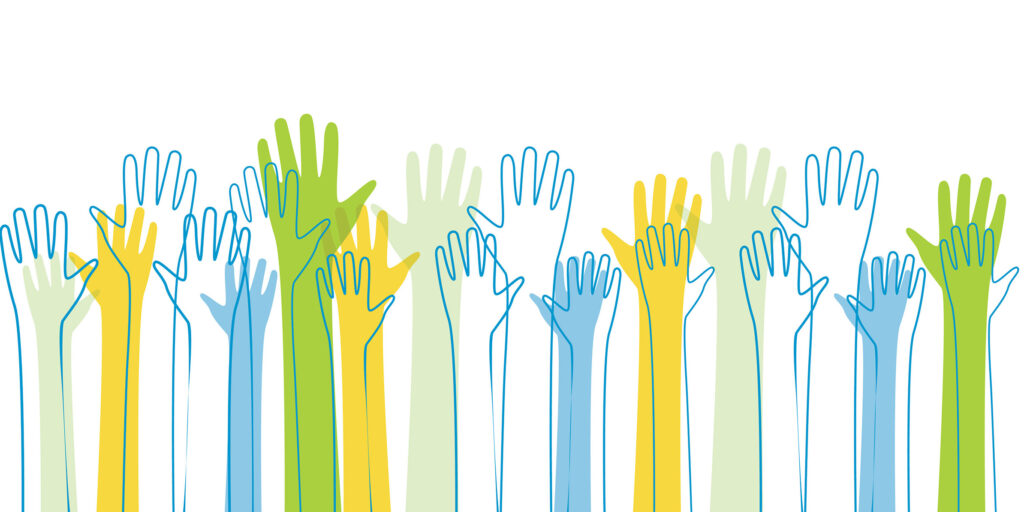Students who participate in class score better grades and retain concepts, but most teachers will tell you it can be difficult to get every student to participate.
That’s why Nicole Davis, a graduating Ph.D. student in marketing at the Terry College of Business, in collaboration with two colleagues from other universities, developed “The Participation Competition” during her time as an instructor. The in-class gamification strategy successfully increased student success and the number of students participating in her class.
“The Participation Competition is a student-centered approach to increase learning, aligned with UGA’s Active Learning Initiative,” Davis said. “We demonstrate that enticing students to engage in competition with each other not only increases their participation but also enhances their learning in the classroom.”
Davis and co-investigators Ph.D. student Priscilla Peña at the University of Rhode Island and Dr. Jen Riley of Vanderbilt University recently published their study of the tactic in the Marketing Education Review’s recent special issue on innovative instruction. The trio took home the Innovations in Teaching award from the Society of Marketing Advances in fall 2023.
An instructional device for any small to medium-sized classroom, the “participation competition” involves breaking the class into teams of 4 to 5 students. Following the criteria outlined for what counts as a substantive contribution, each team gets a point when a team member chimes in with a question or insight that contributes to the class.
“I would keep the teams on the board,” said Davis, who featured her upper-level services marketing course in the pilot study. “We would have a set amount of time in every lecture where we would stop and ask questions and allow them to ask questions, and I would keep points. So, as the students saw points added to their team, they became more and more engaged with the content and the competition.”
The team with the most points at semester’s end gets a prize relating to its coursework, such as fewer pages required on the final project. This prize is not tied to their final grade, but the competition did result in students spending more time preparing for class and engaging with course materials — which meant they learned and retained more of the course.
In the study Peña, Davis, and Riley featured in their Marketing Education Review paper, they found students participating in the competition rated their cognitive learning, social collaboration, and overall class satisfaction higher than students taking the same course and instructor without the competition. After graduating in May, Davis will take a new role as assistant professor of marketing at the University of Kentucky’s Gatton College of Business.

